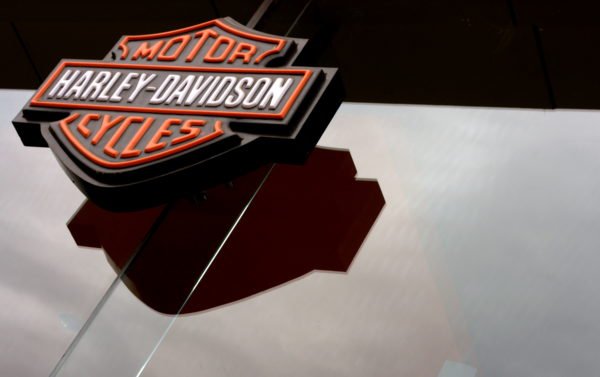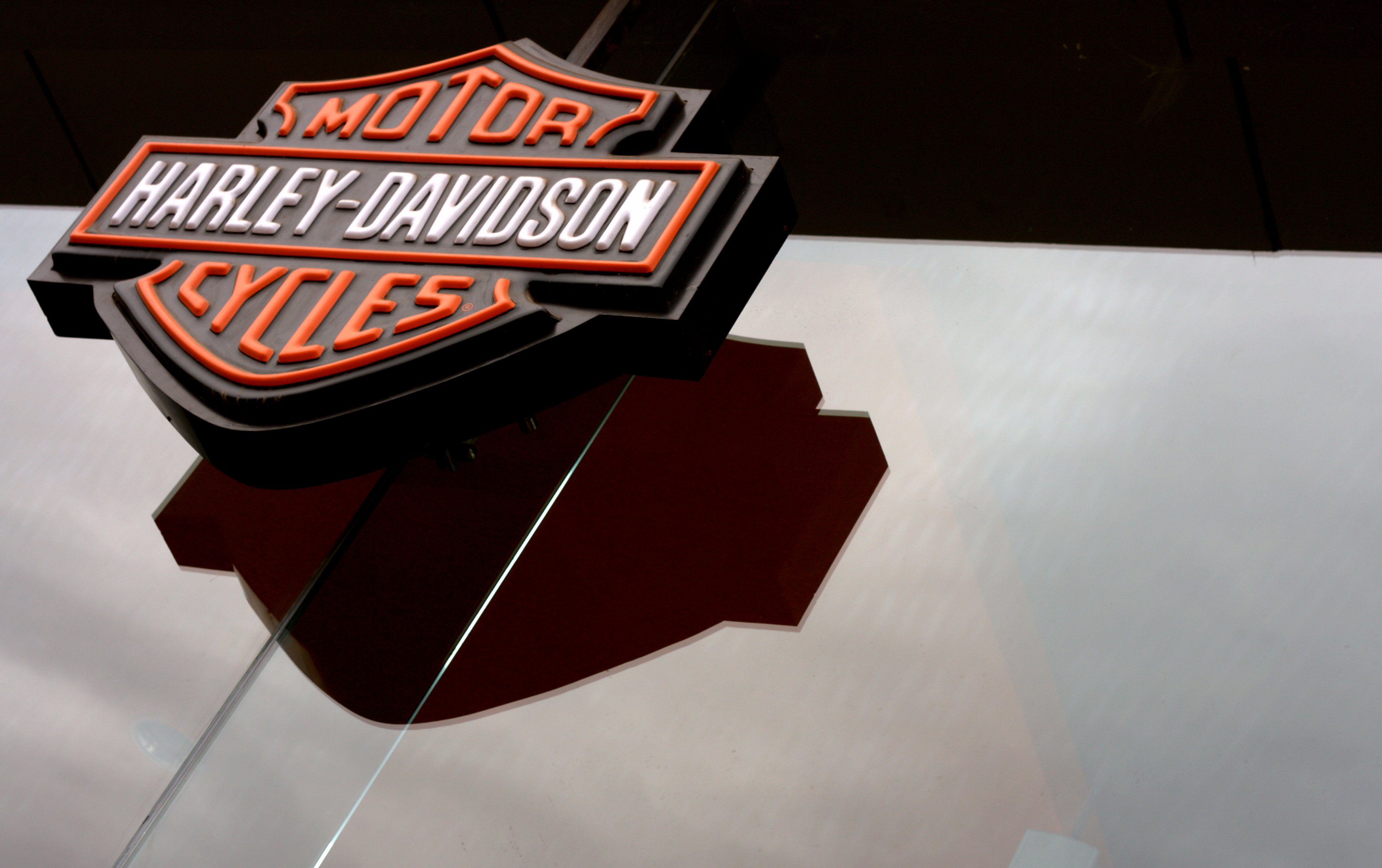President Donald Trump has tweeted that it is “great” that many Harley-Davidson owners plan to boycott the company as a row over tariffs escalates.
Two months ago, Harley-Davidson said it would move some production out of the US to avoid retaliatory tariffs from the EU.
President Trump has already attacked the move, threatening Harley with higher taxes.
He tweeted: “Many @harleydavidson owners plan to boycott the company if manufacturing moves overseas. Great! Most other companies are coming in our direction, including Harley competitors. A really bad move! U.S. will soon have a level playing field, or better.”
Harley-Davidson refused to comment on President Trump’s latest criticism, but pointed to an interview CEO Matthew Levatich did with CNBC last month.

President Trump Criticizes Harley-Davidson for Planning to Shift Production to Avoid EU Tariffs
In the interview, Matthew Levatich said the company’s preference “in all cases is to supply the world from the United States”.
He said, however, that Harley-Davidson had invested in international manufacturing over the past 20 years because “trade and tariff situations in certain markets” made it “prohibitive” without this investment.
Matthew Levatich said: “We’re only doing that because these are important growth markets for the company that, without those investments, we wouldn’t have access to those customers, at any kind of reasonable price.”
Harley-Davidson warned last month that its profit margins this year were likely to halve as trade tariffs bit.
The company expects added costs of $45 million-$50 million this year, due to the EU tariffs, as well as higher aluminum and steel prices.
It said in June it would shift some motorcycle production away from the US to avoid the “substantial” burden of EU tariffs.
It has assembly plants in Australia, Brazil, India and Thailand as well as in the US, but it has not said which plant would take up the extra production.
President Trump has said tariffs on steel and aluminum imports, which came into force this spring, are necessary to protect the US steel and aluminum industries – he maintains these are vital for national security.
The tariffs have drawn retaliation from the EU, Canada, Mexico, India and others while driving up the cost of metals for manufacturers in the US.
The US has also threatened to hit billions of Chinese imports with import taxes, some of which are already in effect. It is also considering tariffs on foreign cars and vehicle parts.
